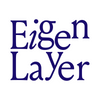EigenLayer x LayerZero: The CryptoEconomic DVN Framework
Eigen Labs, in partnership with LayerZero Labs, is introducing a framework for CryptoEconomic Decentralized Verifier Networks (DVNs). Eigen Labs chose LayerZero because it is one of the most battle-tested protocols in crypto, handling millions of messages and securing billions for apps.
As the first step of this integration, we are proud to announce that Eigen Labs and LayerZero Labs have jointly developed a CryptoEconomic DVN Framework which allows anyone to easily bootstrap a DVN on EigenLayer using any tokens and operators.
The first DVN to utilize this novel Framework is the LayerZero Labs DVN. It implements a system that accepts EIGEN, ZRO, and ETH as staking assets. The Framework is open source, allowing other teams to launch their own CryptoEconomic DVNs using their own assets as stake.
This article explains how EigenLayer and LayerZero complement each other and dives into the implementation of the CryptoEconomic DVN Framework.
Why EigenLayer x LayerZero?
Eigen Labs and LayerZero Labs share a vision of building a verifiable internet across blockchains, driven by permissionless security. One where anyone can participate in securing the network and verifying the integrity of messages across chains.
Previously, the security of verifying omnichain messages was solely based on the DVN’s verification mechanism. But now, with Eigenlayer’s re-staking primitive, anyone can stake their assets to provide an extra layer of security (i.e. CryptoEconomic security) to DVNs.
EigenLayer: Economic Security
At its core, EigenLayer allows participants to stake any assets or restake assets that are already securing a protocol like Ethereum to secure additional services, applications, or verification mechanisms. By leveraging Ethereum’s existing trust and capital, EigenLayer’s innovation is to create a shared pool of security that can be extended to multiple use cases.
This coordinated security model enables the CryptoEconomic DVN Framework, where verifiers are incentivized to act honestly, knowing that misbehavior will be punished through slashing.
LayerZero: DVN Marketplace
LayerZero is an omnichain interoperability protocol that enables secure communication across 80+ blockchains, from Ethereum to Solana.
Each application customizes its security by selecting a DVN or set of DVNs to verify its messages, with the choice based on the sensitivity of the data. For example, an NFT project might use a single proof-of-authority DVN for simple transfers, while a DEX may select multiple DVNs with diverse verification methods for critical governance votes. Currently, 35 entities participate as DVNs, including zk-proof-based teams like Polyhedra, multi-bridge attestations from Hashi, and oracles like Google Cloud. This essentially makes LayerZero a marketplace for verifiers.
The CryptoEconomic DVN Framework will supercharge this competition by allowing ANY DVN to transparently demonstrate its reliability through the value of staked assets and the subsequent risk of slashing. This reflects a DVN’s commitment to verifying messages accurately, without malicious behavior or downtime.
LayerZero Labs: The First Cryptoeconomically Secured DVN
The first team to launch a CryptoEconomic DVN secured by EigenLayer restaking is LayerZero Labs.
The LayerZero Labs DVN, which has verified over 100 million messages historically, is transitioning from a PoA model to one backed by restaking. (Note: LayerZero Labs is a development team building infra for LayerZero protocol. The protocol itself is DVN-agnostic.)
Specifically, staked tokens—ZRO, ETH, and EIGEN—provide economic security for message verification for applications that choose the LayerZero Labs DVN as part of its security stack. If the DVN fails to act correctly or experiences downtime, the staked tokens are at risk of being slashed, giving application developers a clear, measurable way to assess the security of the DVN.
Generalizing the Framework for Broader Use
The CryptoEconomic DVN Framework co-developed by Eigen Labs and LayerZero Labs is open and generalized, meaning any team can design and deploy its own DVN Actively Validated Service (AVS).
This gives applications the flexibility to create CryptoEconomic DVNs, where they can define slashing conditions and choose any assets that can be staked based on their specific requirements.
Conclusion: A New Era for Omnichain Verification
The introduction of EigenLayer – and therefore cryptoeconomic security via restaking –into omnichain messages changes the risk profile of deploying an application across many chains, allowing developers to trust DVNs based on the economic stake at risk of slashing.
This shift moves away from trust-based systems to economically quantifiable security that can be audited onchain and configured in any way (since the architecture is open and permissionless).
With EigenLayer’s restaking model and LayerZero’s messaging framework, developers now have the tools to build highly secure, application-specific DVNs that are economically incentivized to act honestly. As more applications adopt cryptoeconomic security, we hope to see a proliferation of CryptoEconomic DVNs securing a variety of use-cases.
This collaboration marks only the beginning of a broader partnership between Eigen Labs and LayerZero Labs. As more innovations unfold, the combined strength of cryptoeconomic security and omnichain messaging will continue to drive the future of a better internet, built across blockchains.

